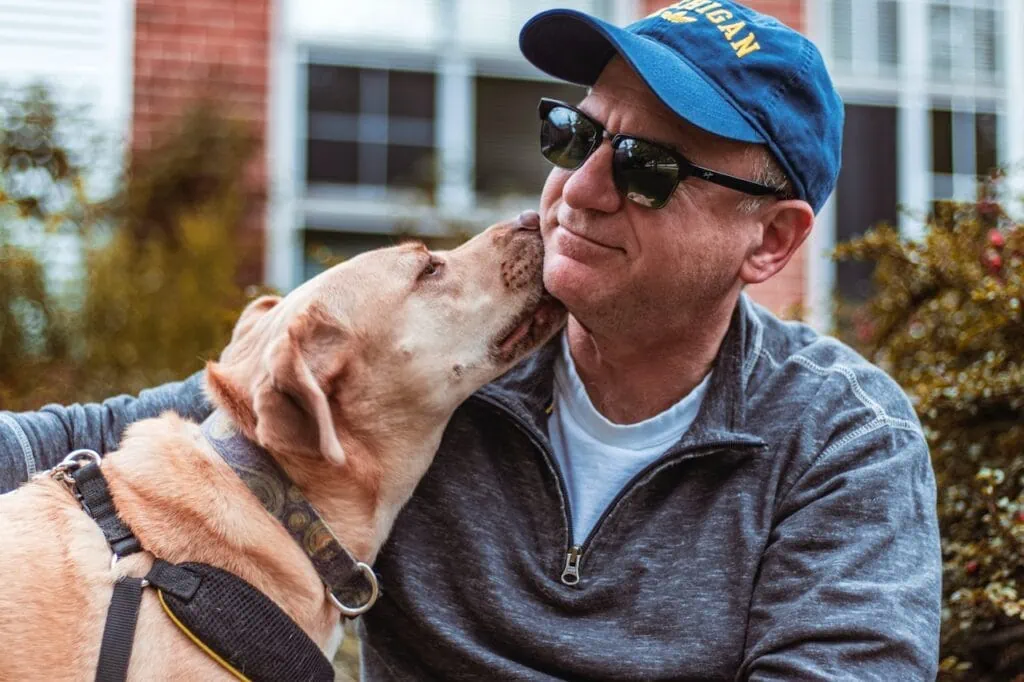
6 Unique Types of Complementary Therapy for OUD
Everyone who gets treatment for opioid use disorder (OUD) will need help and therapy in their journey. Most people do group and one-on-one sessions to get to the heart of their drug use. Different therapeutic methods are used in treatment, including Cognitive Behavioral Therapy (CBT). These therapies are considered essential to many treatment programs.
People can explore many complementary therapies, like exercise or meditation, to help them recover from opioid use disorder and other addictions. We'll explore some of the lesser-known therapies in this article.
None of these treatments is meant to replace traditional drug treatment, but alongside a recovery program, they can help a person gain a new perspective, grow as a person, and find tools for a healthy lifestyle.
Yoga Therapy
Yoga has emerged as a promising adjunctive treatment for individuals struggling with opioid use disorder (OUD). This holistic practice combines physical postures, breath control, meditation, and relaxation techniques to promote overall well-being.
Yoga can be a calming force in anyone’s life. The gentle and mindful movements in yoga are appropriate for people whose bodies are still recovering from opioid use. It can also promote a sense of self-awareness.
Mindfulness and meditation in yoga can aid individuals in managing stress, anxiety, and cravings. By fostering a mind-body connection and encouraging self-compassion, yoga provides a valuable tool for those seeking to break free from the cycle of opioid dependence.
Psychodrama Therapy
Psychodrama therapy is a theatrical approach to processing feelings and experiences. It offers a promising approach to helping people with opioid use disorder (OUD). This experience encourages people to reenact real-life situations, exploring emotions and behaviors in a safe environment. Often this helps them cope with trauma in their past or conflicts in their relationships.
Through role-playing, participants gain insight into the underlying factors driving their addiction, fostering self-awareness and resolution of past traumas.
In sessions led by trained facilitators, individuals with OUD recreate interactions, explore family dynamics, and envision a drug-free future. This creative expression helps break emotional barriers and fosters community and support among participants.
Psychodrama therapy can enhance the overall effectiveness of the recovery process and give people an outlet to deal with past trauma.
Music Therapy
Music therapy is an evidence-based and expressive therapeutic approach that has shown immense potential in supporting individuals with opioid use disorder (OUD) throughout their recovery journey.
Using the power of music, trained music therapists have various techniques to help patients address their addiction's emotional, psychological, and physical aspects. The therapeutic process involves creating, listening, and engaging with music. This can allow participants to explore their feelings and experiences in a safe and creative environment.
One of the significant benefits of music therapy for OUD is its ability to address emotional and psychological challenges that often accompany addiction. Composing or listening to music can evoke powerful emotions and memories. This can help people express themselves in ways that may be difficult through traditional verbal communication.
Animal-Assisted Therapy
Animal-Assisted Therapy involves the presence of trained animals, such as dogs, cats, horses, or even smaller animals like rabbits, in therapeutic settings. The goal is to facilitate positive changes in an individual's emotional, social, and cognitive functioning.
Animals are great at helping people stay calm and feel safe. This is why animals therapies hold significant promise as a complementary approach for individuals with opioid use disorder by providing emotional support, reducing stress, and fostering social connections.
Therapy animals can enhance the overall well-being and recovery journey of those struggling with OUD.
Neurofeedback Therapy
Neurofeedback is a promising approach to treating opioid use disorder (OUD). OUD is a chronic condition characterized by compulsive opioid use despite harmful consequences.
Neurofeedback therapy utilizes real-time monitoring of brain activity through electroencephalography (EEG) or functional magnetic resonance imaging (fMRI) to help individuals learn self-regulation of their brain function.
By providing immediate feedback, clients can gain insight into their brain patterns and develop better control over their physiological and psychological responses to stressors and cravings associated with opioid addiction.
The effectiveness of neurofeedback for opioid use disorder lies in its ability to target the underlying neural mechanisms that contribute to addictive behaviors.
More research is needed to understand neurofeedback's long-term benefits and limitations for OUD fully. Nevertheless, by tapping into the brain's potential for self-regulation, neurofeedback therapy offers a novel and potentially transformative approach to the fight against opioid addiction.
Expressive Therapy
Expressive therapy has emerged as a valuable approach for addressing opioid use disorder (OUD), providing a unique way to explore the emotional complexities that underlie addiction. Opioid addiction often involves underlying psychological issues, unresolved traumas, and emotional distress.
Through various creative mediums such as art, music, dance, drama, and writing, self-expression allows individuals to process their emotions
This process can lead to increased self-awareness, emotional release, and a deeper understanding of the root causes of addiction. Expressive therapy for individuals with OUD can help them develop healthier coping mechanisms, confront their traumas, and gain essential insights for long-term recovery.
Getting Help for Addiction
If you or somebody you love is struggling with substance use, we're here to help. Reach out to learn what we can offer, how our programs work, and other vital information to start your recovery journey.
Categories
Recovery





